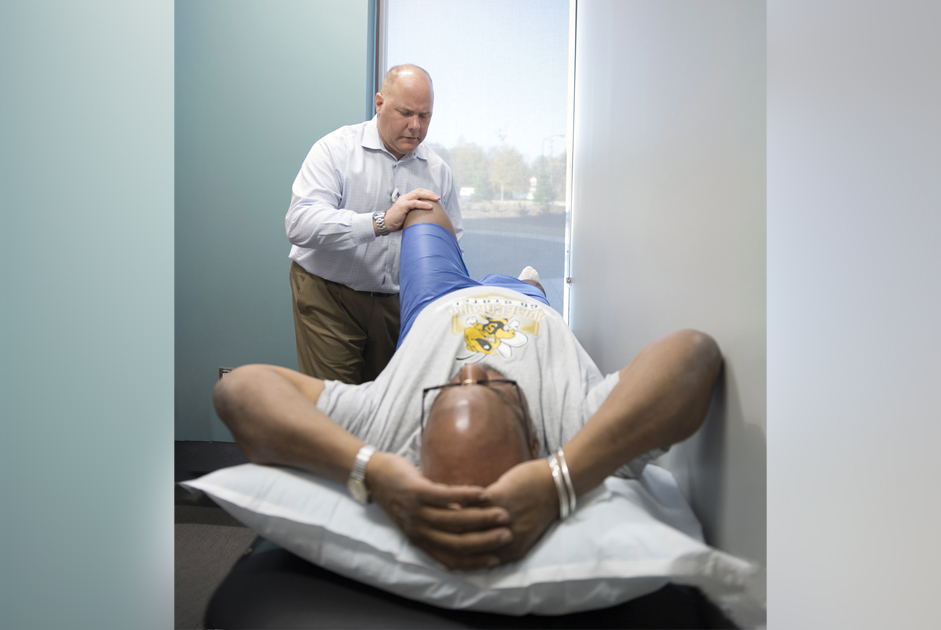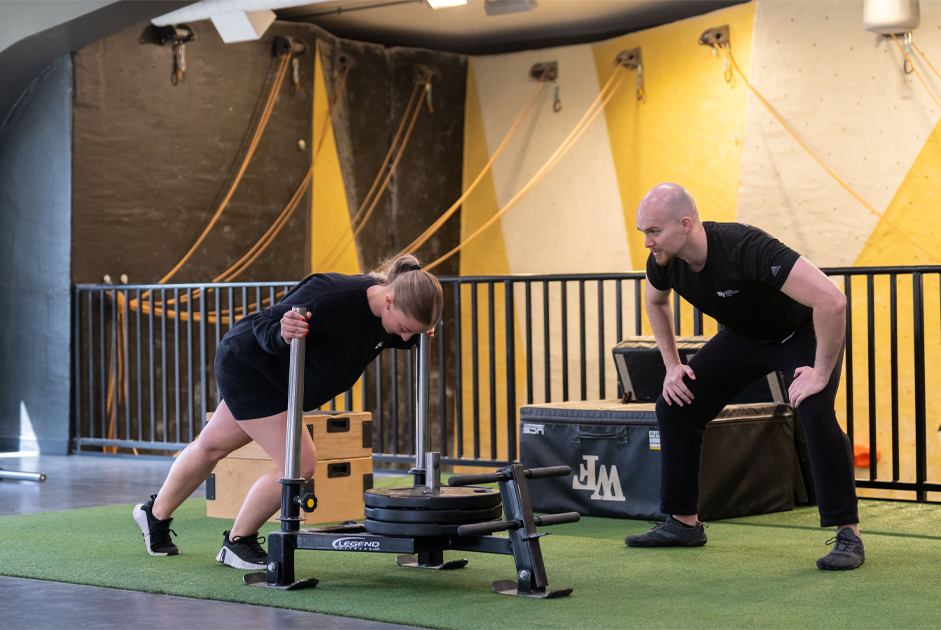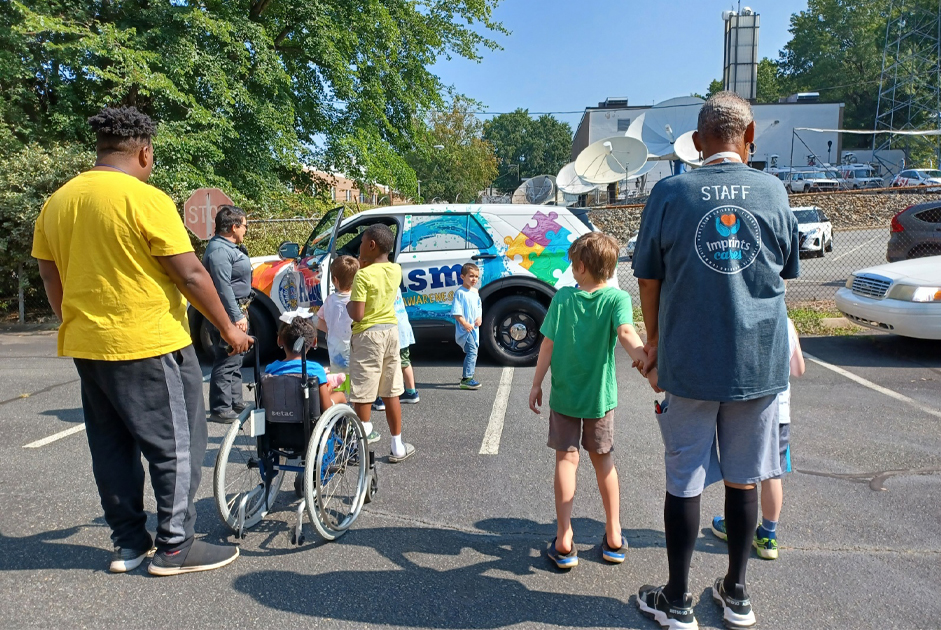The days of yesteryear often appear sweeter when our thoughts are directed to our youth and the carefree days without stress or worry. It may be that this feeling is just a reminder of what one still had, and a realization that those times and loved ones are no longer here. In spite of the days of war and headline news, the simplicity of “then” derived mostly from the limitations of technology and the need to be together. But in our mind, the tools, values, and activities do not have to be just a memory.
Writing Letters
Well before the expression “You’ve got mail!” the joy of reaching into the mailbox to find an envelope addressed to you brought instantaneous excitement. Handwritten letters often contained accessories such as fancy stationery and matching envelopes, and required a collection of rubber stamps and a variety of ink pads, and, most importantly, ink pens that did not smear the writing.
Reading a person’s personally constructed words was intimate. And a response took time. Now, stacks of envelopes, sliced open with a letter opener and tied with ribbon, could still be in a cedar chest, hat box, or in a closet awaiting a time to reveal their inner secrets. Old letters today offer rare insight into personal situations, events, feelings, and history.
How many family members or friends mail handwritten letters? Send one. A relationship can only grow closer by exerting the effort to apply words to paper.
Meals without Interruptions
Earlier, before cell phones were affordable enough to provide a family plan for the household, there was a long spiral phone cord that could stretch a distance of six-feet in length. It allowed users to leave a room with greater flexibility, and even sit down to talk. The moment help was requested to set the table or assist in serving, the conversation was quickly ended. If, by chance, the phone rang during dinner, it was considered an interruption to the family and ignored.
Could you request for all family members to silence their phones during dinner?
Laundry
Likewise, before technology improved family appliances to include touch screens and specialized features, women set aside one day a week for the arduous task of washing and drying laundry. It began with tubs manually filled with water. Large soap bars created the catalyst to scrub the material up and down a ribbed metal or glass washboard. Afterward, a means of agitation removed the excess soap and dirt from the fabric. A wooden tool with four prongs could perform the task by hand, or women used an electric wringer machine. Despite the safety hazard of the forceful two rollers, the appliance was preferred over the action in using a bat. The wet items were carried a short distance, lifted, and hung on multiple clotheslines. In small yards, long poles elevated lines to various heights. Once the clothes were dried, the task of ironing began.
Imagine how easy it would be to hang washable comforters, blankets, duvet covers, mattress pads, and bed sheets outdoors. It saves electricity, time, and leaves a smell of freshness.
Self-Reliance
Previous to the time when families and individuals bought fresh produce and meats, keeping only a limited amount of food at home, the “pioneer skills” of basic survival had become a way of life. Self-reliance was a requirement, a need to depend on oneself and the land. Hunting provided food and leather, while the woods offered wild fruits, nuts, and a variety of berries. Living near a water source expanded a diet by means of crayfish and fish. The garden, worked by everyone in the family, added to the food on the table. Preparing for winter meant canning meals and salting meats. Money was needed, of course; yet, families required few possessions to live well.
The possibilities for engaging in learning a new craft are limitless. If you have had an interest in learning to sew or quilt, making candles or soap, studying mythology and the constellations, saving seeds, creating a medicinal garden, or learning new recipes to be baked in cast iron over an open fire, go ahead and add to the viable skills and talents that were useful then, as well as now!



















